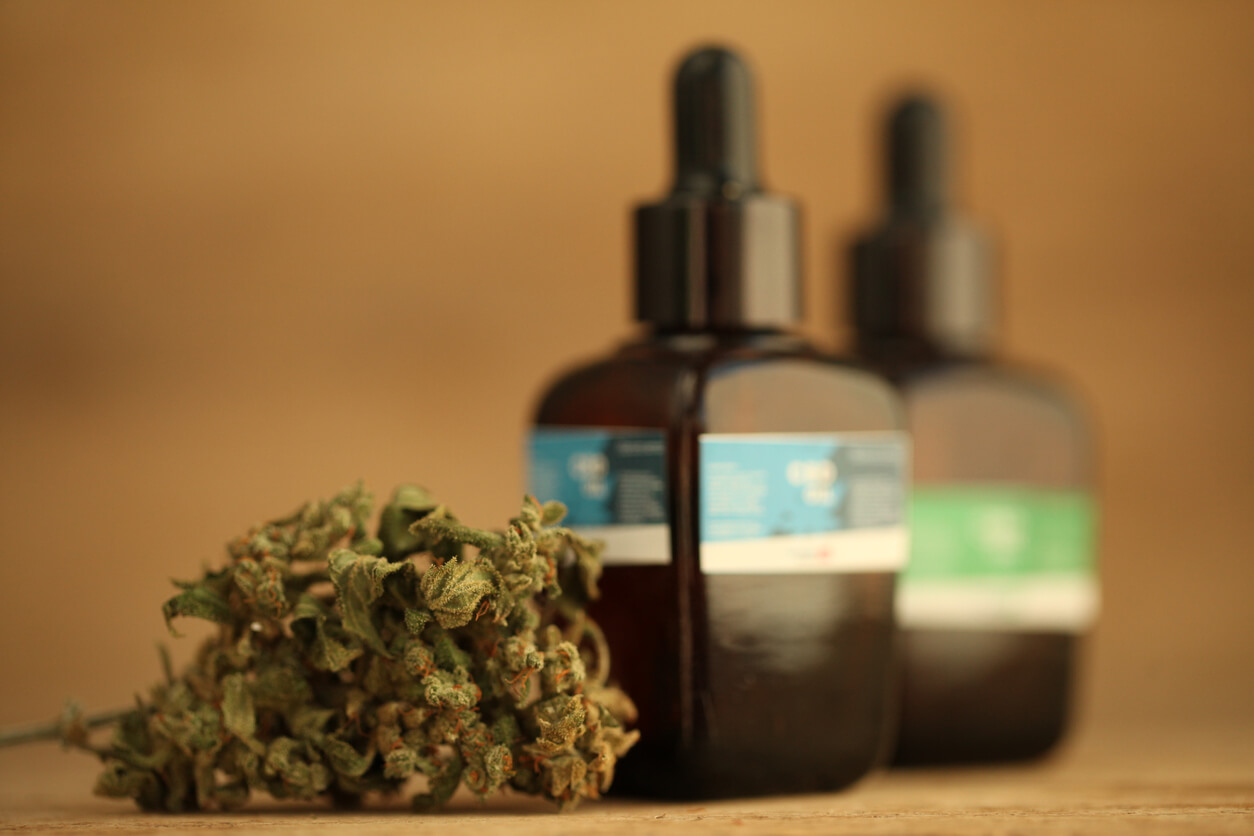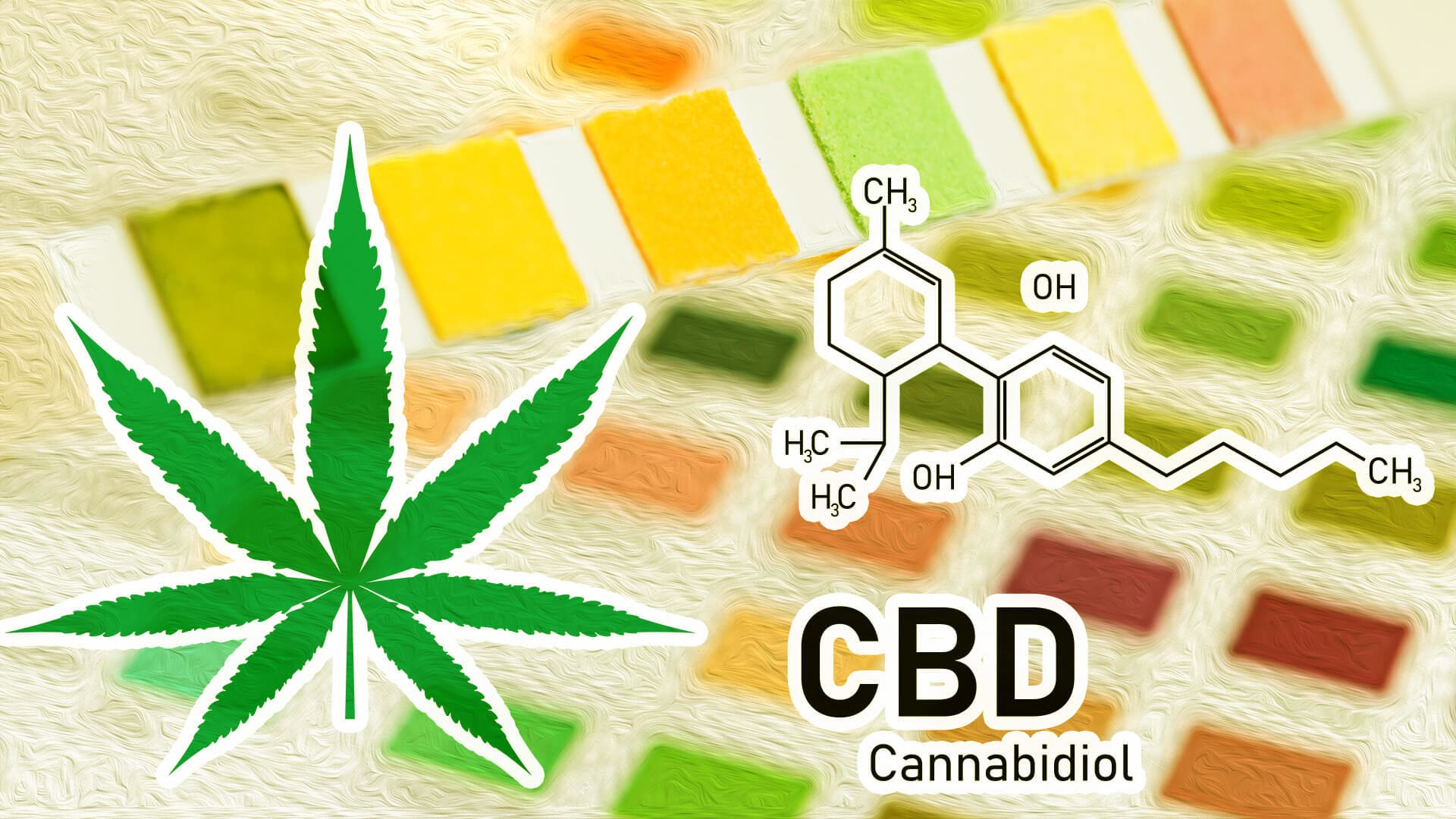Educational
Does CBD Show Up On Drug Tests?
In 2010 and 2012, Quest Diagnostics Inc., America’s largest drug test provider, reported record lows in positive screenings, indicating that drugs in the workplace were on their way out. But in 2014, about 350,000 of the 9.1 million samples of urine they tested indicated drug use, bringing that number up to 3.9%. Quest’s positive results have been on a steady rise ever since, with 2018 reaching 4.4%, a short climb from 2017’s 4.2% inching toward 2004’s 4.5%. Critics of the drug testing industry claim that screenings infringe upon employees’ basic privacy and punish them for what they do in their free time outside of work. But if you’re about to get a drug test from your employer, arguing its validity is probably a dead end street when you really just need to get that paycheck at the end of the week. If you’re worried about your ability to pass, we’ve got some answers for you.
Does CBD Show Up On Drug Tests?
The short answer is no. “Because CBD is chemically distinct from THC, it is unlikely that pure CBD would be detected in these types of drug tests,” says Brenda Gannon, a toxicologist and laboratory director at Steep Hill Arkansas. “However, hemp-based CBD products often contain trace amounts of THC.”
Many CBD products contain a tiny bit of THC because it is linked with enhancing the effects of the non-psychoactive cannabinoid, but even if your CBD has trace amounts of THC in it, it’s highly unlikely that it would show up on a drug test. CBD typically carries traces of THC that are less than 3%, which won’t show up on a screening unless you are taking copious amounts of the product.

iStock / OlegMalyshev
What is the Difference Between THC and a THC Metabolite?
Most drug tests don’t search for direct THC but rather THC-COOH, which is the metabolite THC creates within the human body upon use. It stays in the body much longer and allows tests to detect marijuana in a person who hasn’t smoked in many days or even a few weeks.
THC-COOH lasts so long in the body because it is not water-soluble and is stored in fat cells. Most drugs don’t produce a metabolite with such a long half life, which is why other drug screenings can’t detect use as far back as those scanning for marijuana can.
A recent study monitored cannabis users while they abstained from the drug for thirty days, which is the time that many people will tell you it takes for THC-COOH to leave the body. The study found that the actual time it takes to leave the body is largely subjective, depending heavily on your frequency of use. Many people swear by exercising, zinc supplements, cranberry juice, and copious amounts of water, as these methods affect your fat cells and dilute your urine.
The most surefire way to pass your upcoming drug test, however, is to abstain for a little bit. Once it’s over, you’ll feel confident that you passed and will have no problem treating yourself to a little reward.
What’s With Drug Tests Anyway?

iStock / Asawin_Klabma
In 1986, Ronald Reagan signed an executive order that led to the eventual passing of 1988’s Drug-Free Workplace Act law. The Act required all federal grantees and some federal contractors to provide drug-free workplaces if they are to receive a contract or grant from a federal agency. Widespread tests were deemed unconstitutional by many courts, but that year the Office of Personnel Management distributed new guidelines on illegal drug use to all agency heads and Cabinet members effective immediately.
Recognizing a new blossoming market, Quest Diagnostics Inc. began collecting and analyzing annual workplace drug testing data in 1988 and the industry was born. The company’s inaugural year provided the highest positivity rates ever—13.6%. Quest now tests about 10,000,000 samples of urine per year, and the drug screening industry is projected to be worth $8.63 billion by 2022.
Though Quest’s most recent statistics indicate a drop in drug use in the workplace since the ‘80s, mortality rates due to drug use have risen in some capacity in nearly every corner of America, according to a 2014 study led by Laura Dwyer-Lindgren, an Assistant Professor of Global Health at the Institute for Health Metrics and Evaluation. In parts of West Virginia, Ohio, and Indiana—which comprise the heart of the opioid crisis—drug-related mortalities have risen by over 4,000%.
Though the billion-dollar drug screening industry keeps tabs on American workers and was built around the concept of reducing American drug use, it has done little to curtail the American substance abuse issue as a whole. In fact, drug screening statistics don’t offer many contributions to a comprehensive assessment of widespread American drug use. Most of the tests are pre-employment screenings, which allow frequent users to curb their use leading up to the test, producing negative results in samples of users who frequently use drugs.
Drug Testing and Marijuana Today
Reagan’s anti-drug movement was largely rooted in dissuading marijuana use, claiming in his 1980 campaign that marijuana is “probably the most dangerous drug in the United States today.” Today, the opioid crisis is weighing heavier on Americans. There were 70, 237 US drug overdose deaths in 2017, according to the National Institute on Drug Abuse. Over two-thirds of these deaths were caused by opioids like heroin, methadone, and fentanyl.
In contrast, many countries, as well as American states, have legalized marijuana in some capacity, stimulating booming economies at the local and state level. Many government officials and politicians have pledged to pardon thousands of people who were incarcerated due to marijuana-related convictions before it was legalized. Earlier this year, Washington Governor Jay Inslee announced his plans for an expedited process that would allow 3,500 people convicted of small-time possession charges to apply for and receive a pardon without having to hire a lawyer or go to court.
Yet a 2015 survey conducted by the Society for Human Resource Managementfound that in states where recreational marijuana is legal, 73% of HR professionals say their workplace has a zero-tolerance policy for marijuana use. In states where medical use is legal, 80% of companies surveyed have made no modifications to their drug policy since the laws were updated and 69% do not plan to. Between 41 and 50 percent of companies surveyed have fired employees for first-time violations.
Read more from the source: Wikileaf.com


